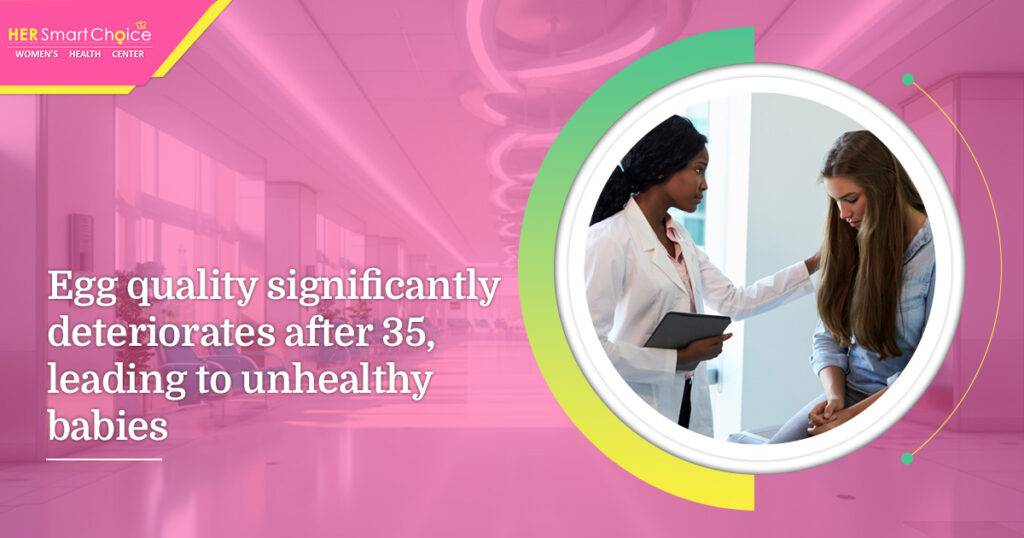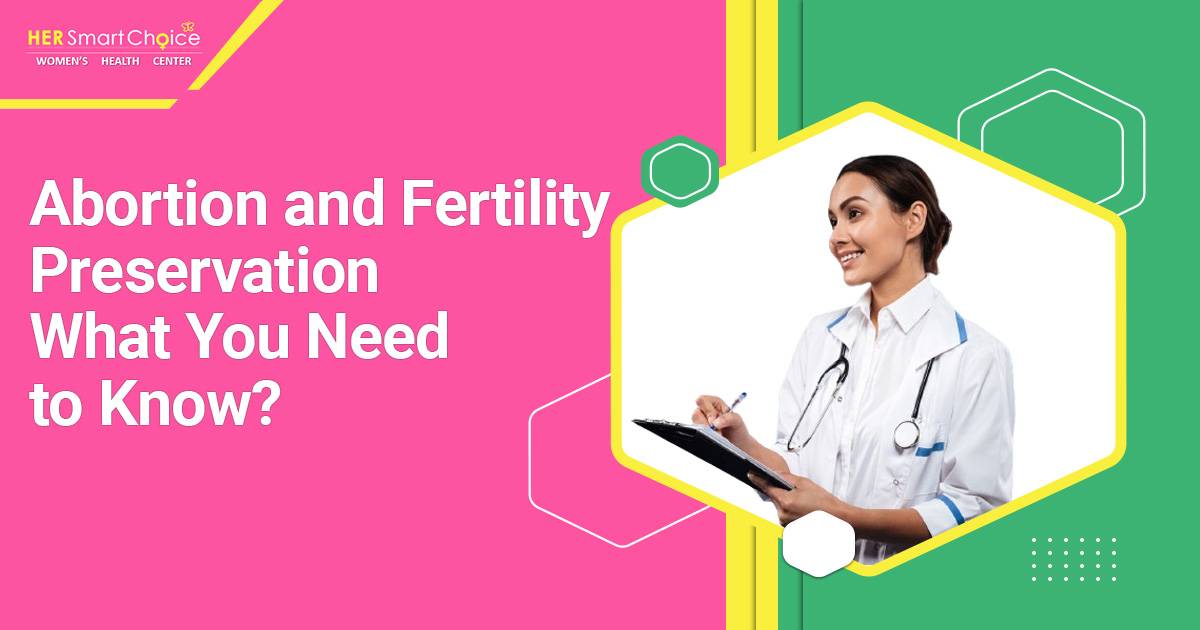Choosing the Right Abortion Service in California: Tips and Considerations
Reproductive healthcare is a vital aspect of women’s health, and California is a leader in ensuring safe and accessible abortion services. If you’re considering abortion services in California, choosing the right service can be an important decision. This blog post aims to empower you with information and considerations to navigate this process with confidence.
Understanding Your Options
Abortion services in California are legal and available throughout your pregnancy. The type of abortion procedure suitable for you depends on several factors, including the stage of your pregnancy and your personal preferences. Here’s an overview of the two main types of procedures:
- Medication Abortion: This non-surgical option involves taking medication to terminate the pregnancy. It’s typically effective in the early stages (up to 10 weeks) and can be done at home or in a clinic setting.
- Surgical Abortion: This procedure uses surgical techniques to terminate the pregnancy and is performed in a clinic or hospital setting. It’s available throughout pregnancy, with specific timeframes varying by provider.
It’s crucial to discuss your options with a qualified healthcare professional to determine the best course of action for your specific situation.
Finding a Reputable Abortion Service in California
California offers a wide range of options, including clinics, hospitals, and telemedicine services. Here are some tips for finding a reputable provider that prioritizes your health and well-being:
- Licensing and Accreditation: Ensure the provider is licensed by the California Department of Consumer Affairs and maintains good standing. Accreditation by organizations like the National Abortion Federation (NAF) signifies high-quality care.
- Location and Accessibility: Consider the provider’s location and operating hours in relation to your convenience. Telemedicine options might be ideal depending on your situation.
- Services Offered: Review the provider’s website or contact them to understand the types of abortion services they offer (medication vs. surgical), as well as additional services like pre- and post-abortion care, pregnancy testing, and STI testing.
- Cost and Payment Options: Abortion services can vary in cost depending on the type of procedure, facility, and your insurance coverage. Many providers offer payment plans or can connect you with resources for financial assistance.
Considerations for Choosing a Provider
Beyond the basic criteria above, here are some additional factors to ponder when selecting an abortion provider:
- Staff Experience: Inquire about the provider’s experience in performing abortions, ensuring they hold relevant certifications and skills.
- Patient Reviews and Recommendations: Read online reviews from previous patients or ask trusted friends or family members for recommendations. While online reviews can be subjective, they can offer valuable insights into the provider’s environment and bedside manner.
- Patient-Centered Care: Seek a provider who prioritizes clear communication, respects your choices, and provides a comfortable and supportive environment.
- Confidentiality and Privacy: Ensure the provider prioritizes confidentiality and adheres to HIPAA privacy regulations regarding your medical information.
Preparing for Your Appointment
Once you’ve chosen a provider, it’s important to prepare for your appointment. Here are some things to keep in mind:
- Gather Information: Research different abortion procedures and potential side effects. Jot down any questions you might have for the doctor.
- Insurance and Payment: Understand your insurance coverage for abortion services and discuss payment options with the provider beforehand.
- Emotional Support: Consider having a trusted friend or family member accompany you to the appointment for support.
- Identification and Medical Records: Be prepared to present valid photo identification and any relevant medical records, if necessary.
Post-Abortion Care
Following your abortion, it’s essential to prioritize your physical and emotional well-being. Most reputable providers offer post-abortion care, including follow-up appointments, emotional support resources, and pain management guidance. Don’t hesitate to reach out to your provider with any questions or concerns after the procedure.
Conclusion
In conclusion, when seeking abortion services in California, it’s paramount to prioritize your health, well-being, and individual needs. With the state’s commitment to providing safe and accessible reproductive healthcare, you have a range of options available to you. By understanding your choices, researching reputable providers, and preparing for your appointment, you can navigate this process with confidence and empowerment.


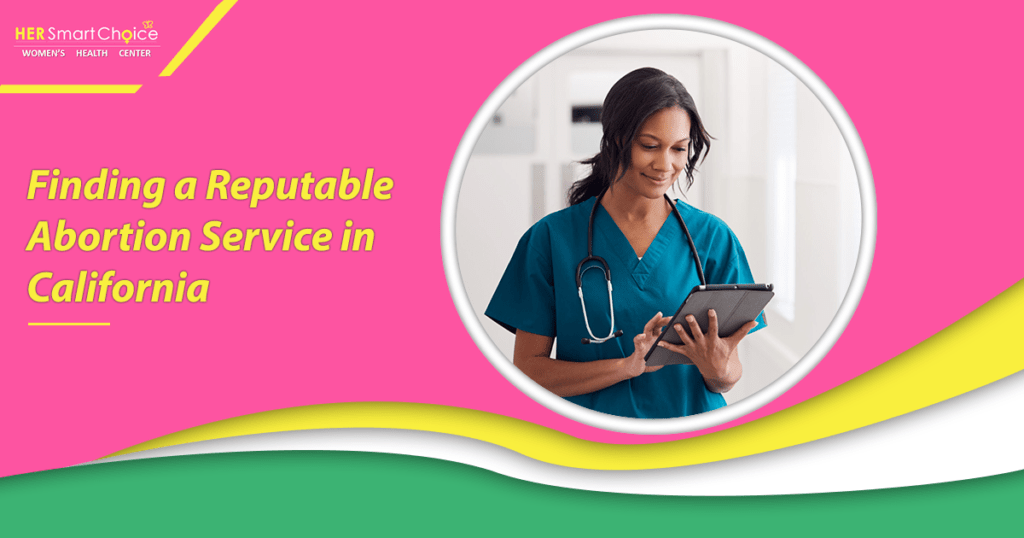





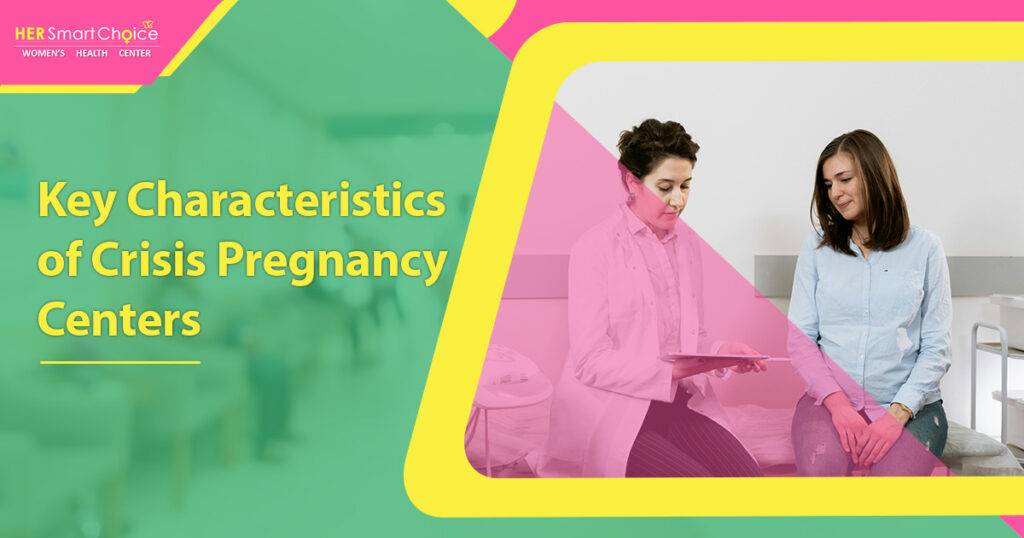
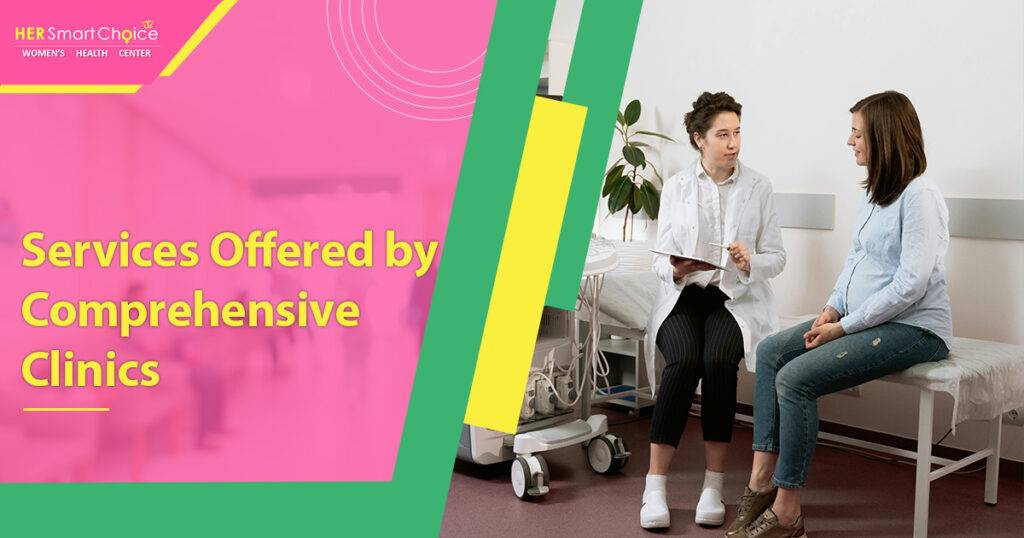



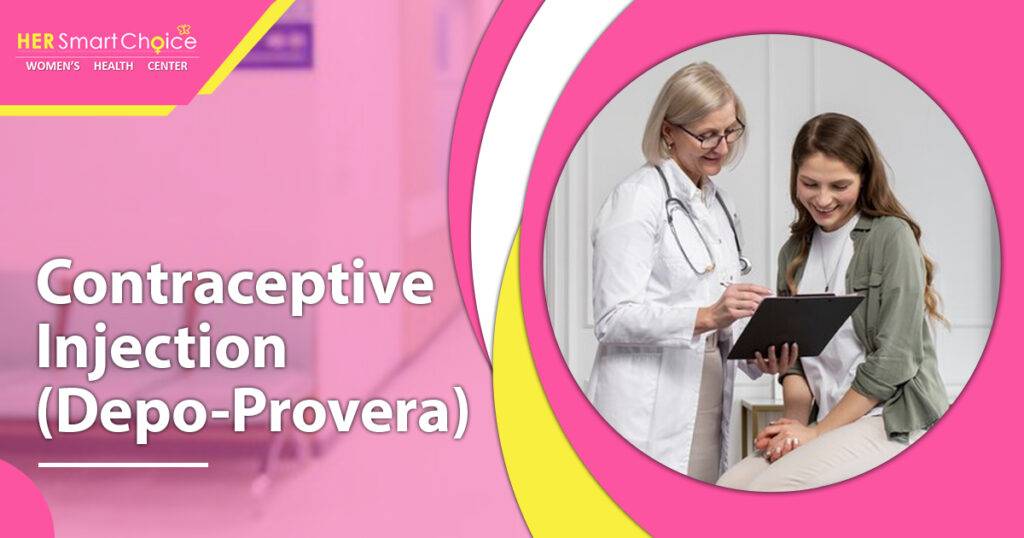

 Initiating discussions about reproductive health might seem daunting, but remember, every journey begins with a single step. Here are some tips to get you started:
Initiating discussions about reproductive health might seem daunting, but remember, every journey begins with a single step. Here are some tips to get you started:


